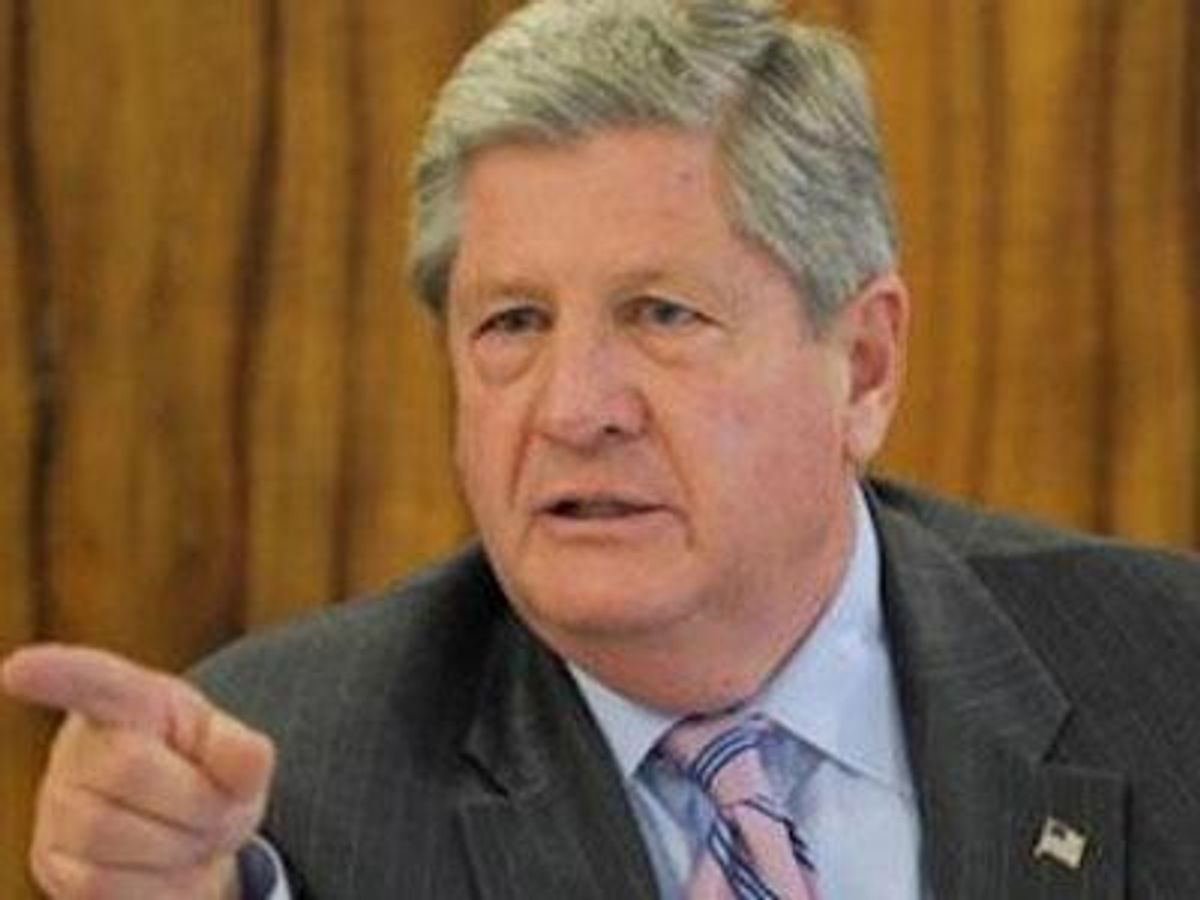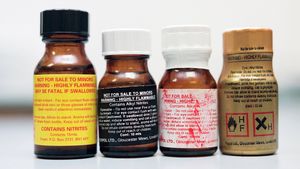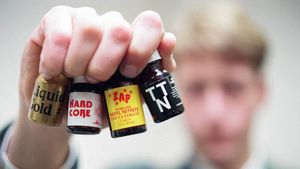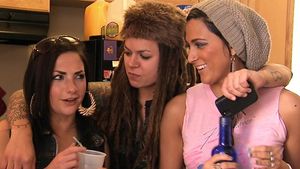New York State Senator Roy McDonald will not try making a third-party run after losing his Republican primary, at least in part because of his vote for marriage equality in the state.
The two-term incumbent announced the decision today after losing his primary by about 100 votes, or less than 1% of the vote, in the low turnout contest on September 13. Mark Grisanti and Stephen Saland, two other Republican senators who voted for the marriage equality legislation last year and ran for re-election, won their primaries, with Saland emerging victorious from a close race this week.
"Roy McDonald stood on the right side of history and voted with the best interest of all New York families at heart when he stood up to support marriage equality," said HRC President Chad Griffin.
After it appeared that McDonald had lost, New York Governor Andrew Cuomo had already made an unprecedented cross-party endorsement Wednesday, sending a two-page letter to the senator that said it "would be my honor to stand with you" should the Republican lawmaker proceed as a third-party candidate after being narrowly defeated in a primary where his marriage equality vote played a role. But he opted against a chance to run on the Independence Party line. A new poll showed McDonald would win a three-way race this November.
McDonald appeared to lose to Saratoga County Clerk Kathy Marchione following a count of paper ballots this week. Marriage equality advocates and opponents had viewed the outcome as critical to their ongoing campaigns in other state legislatures, with donors including New York City Mayor Michael Bloomberg and billionaire hedge fund manager Paul Singer giving large sums of money to the Republican senators.
In the two-page letter first reported by The New York Times, the governor said he believed McDonald's vote for marriage equality was a "contributing factor" to his defeat, and he accepted "personal responsibility" for his strong advocacy, which included one-on-one lobbying of McDonald and the other senators. He bemoaned the outsized influence of "extremists" from both parties that he said paralyze the political process, which in his view works best when "we elect people of substance and integrity to exercise their best judgment." The Democratic governor is popular with independents and Republicans in New York.
"I believe one of the greatest challenges facing the integrity of the political system is the disproportionate power of the political extremists - on both sides of the aisle," he wrote. "I believe government inaction on many levels, and in particular legislative gridlock, is often attributable to fear of political reprisal from those extremists."
Cuomo told McDonald that while he did not "presume to understand your politics," he did believe that, "You should not be left to stand alone now."
Log Cabin Republicans in the state lamented the loss of McDonald but praised his legacy.
"History will remember you as a hero," said Gregory T. Angelo, state chairman of the Log Cabin Republicans of New York. "While we are disappointed that Senator McDonald has decided not to actively campaign this fall -- especially in light of recent polling that suggested he would win in the general election -- we understand that this was not an easy decision for the Senator, nor was it one that was reached without a great deal of thought and deliberation."
One of the chief factors McDonald had to consider was whether his candidacy would split the Republican vote with Marchione and allow Claverack town supervisor Robin Andrews, the Democratic nominee, to win. The Republican senate leadership, which has not yet expressed a preference in the general election, is seeking to maintain and grow its slim majority in the chamber, and the conventional wisdom is that a third-party bid from McDonald would have complicated those efforts.
A new poll released Thursday morning by New York Unity PAC, a group funded by Singer and other Republican-affiliated figures including Ken Mehlman, indicates that McDonald would have prevailed over the other two candidates if he had run on the Independence Party line in the Republican-leaning district. The PAC has spent more than $200,000 to support the Republican senators who voted for the marriage equality legislation. Leading LGBT advocacy groups including the Human Rights Campaign, Empire State Pride Agenda and Gill Action Fund, which were heavily involved in the campaign to pass the legislation, had expressed their intentions to stand by McDonald.
According to the poll, which was provided to The Advocate, McDonald was in a strong position to win regardless of ballot designation. If he runs on the Republican and Independence party line, he would receive 47% of the vote against 25% for Marchione on the Conservative line, with 17% for Andrews on the Democratic line. Running on the Independence line alone, he would receive 45% compared to 28% for Marchione on the Republican and Conservative lines, with 18% for Andrews.
"Not only did Mark Grisanti and Steve Saland win their primaries, but Senator McDonald is also well positioned to win in November," said Jeff Cook, senior advisor to New York Unity PAC, in a news release. "New York Unity PAC is fully committed to making the independent expenditure investments necessary to ensure all three Republicans are victorious."
The poll shows that McDonald, who has a 49% favorable rating compared to 30% for Marchione, performs well among Democrats, receiving almost 50% of the vote regardless of his ballot designation. Andrews is largely unknown among voters, according to the poll, with nearly 87% of respondents saying they are unaware of her. The poll showed that 76% of voters approve of Cuomo, which suggests that his endorsement of McDonald could be very helpful.
Voters in the poll overwhelmingly listed the economy and jobs as their top concern, with only 12% naming same-sex marriage as their most important concern. While some 58% said they want to keep the new marriage equality law in place, the issue elicited strong feelings, a sign that a McDonald candidacy could have emboldened groups such as the National Organization for Marriage. When asked to consider the law, almost 49% said they strongly wanted a candidate who favored keeping the law, while 25% strongly want a candidate who supports repealing the law. Some 47% of Republicans in the district want to keep the law while 38% want to repeal it.
"It is clear that the small percentage of voters who turned out in the primary were not representative of likely Republican voters generally," said the news release that accompanied the polling data.
The poll of 300 likely voters was conducted by the Voter / Consumer Research, the polling firm used by President George W. Bush and his 2004 presidential campaign. More than half of those surveyed were over age 55, with almost 73% identifying as either conservative or moderate.
One interesting factor is that a three-way contest would have pit McDonald, a proven Republican ally, against Andrews, a lesbian who married her partner last year. No openly lesbian woman has ever served in the New York state senate, but Andrews told the Times that she understood why Governor Cuomo and LGBT advocates would feel allegiance to McDonald.
"We all appreciate the vote that Roy cast," she said.


















































































